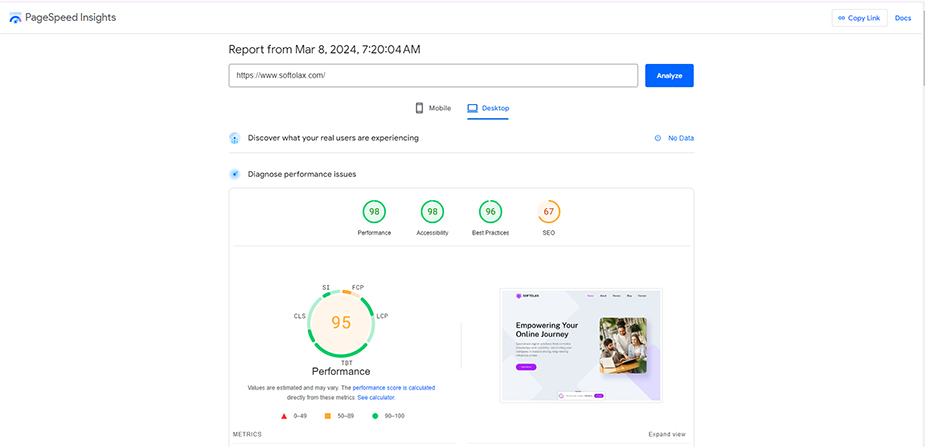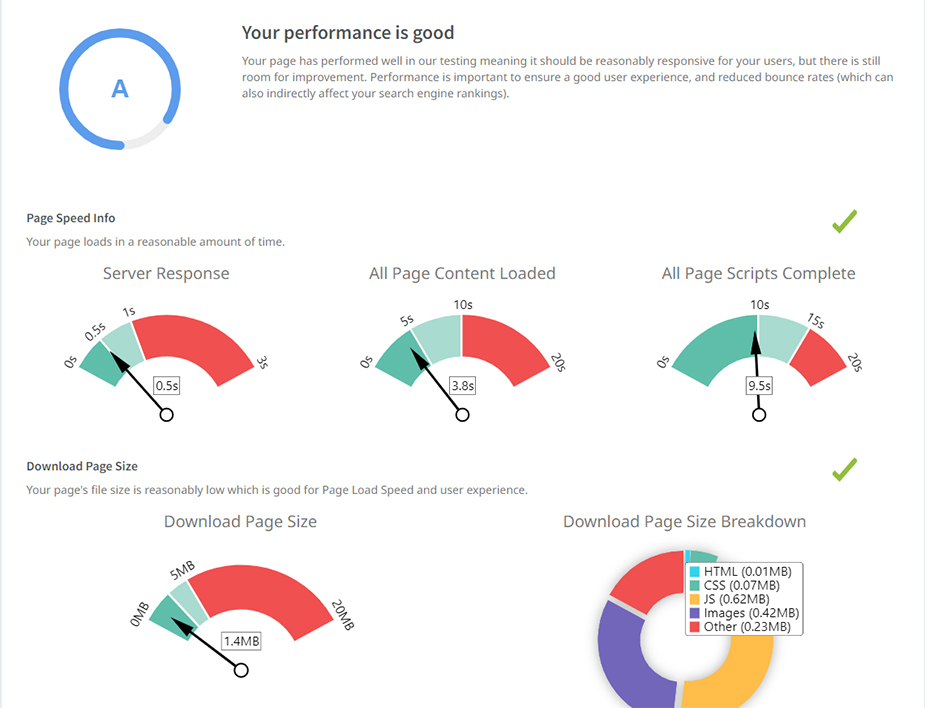
What is the most important Google ranking factor in 2024.
Google ranks websites in its search results based on a sophisticated algorithm that takes into account a wide range of criteria to evaluate a page’s quality and relevancy. There isn’t a single “most important” ranking component, despite the fact that Google hasn’t publicly revealed the precise workings of its algorithm. As an alternative, Google’s algorithm adopts a comprehensive strategy, taking into account a number of variables to deliver customers the most pertinent and superior results.
The list of all the variables that affect your rank in the Google search engine is incredibly long. You should definitely check out Google’s own search quality evaluation rules, which are regularly updated. With this extensive list, though, it can be very difficult to stay on top of your game and know what to look for to raise your ranking. Thus, out of hundreds of variables, the following are the primary ones that I would leave out and that require more consideration:
1. Material Quality
It is essential to have thorough, pertinent, and high-quality material. Effectively answering user questions through content usually ranks highly.
2. Page quality
The most crucial elements of the page quality are indicated by Google itself. How can you tell if a high rating is possible for your website?
3. The Goal of the Page
Google is concerned with the expansion of the internet and the advantages that come with it for websites. Commonly useful and advantageous page goals include providing information—which may even be social or personal—sharing media, files, and software for download, exchanging unique viewpoints, providing entertainment, marketing on-demand goods and services, and facilitating conversations. Google favors pages that are useful the most, while pages that have the potential to incite hatred, damage people, or mislead them only get the lowest ranking.
4. Primary information Quality and Amount
The topic’s accuracy, entertainment value, or usability all affect how well the information is. It’s crucial to test out the website’s features and functioning as they are part of the content. It should need a significant amount of time, effort, knowledge, ability, or skill to develop this kind of content. The goal of the page determines how much content is on it as well.
5. Backlinks
Google takes into account the quantity and caliber of links referring to a page. Reputable and pertinent backlinks have a beneficial effect on rankings.
6. User Experience
Positive user experiences on websites are highly valued by Google. This covers elements like mobile compatibility, page load speed, and general website usability.
7. Relevance of Keywords
Although keywords affect rankings, it’s crucial to apply them organically and in a way that improves user experience all around.
8. Page and Domain Authority
Search engines’ perceptions of the authority of a page and the domain as a whole can affect rankings. The quality of the content and backlinks have a big impact on this.

Your website’s speed is a significant Google ranking criteria as well. Since up to 70% of searches are conducted on mobile devices, mobile page speed has also become important for mobile search results as of July 2018. Google provides a number of tools to enhance page performance and allows you to test your website on desktop and mobile devices to determine the best ways to speed up loading times.
9. Details about the website and the person in charge of the primary content
Clear and comprehensive information about the website should be included on high-quality pages so that visitors may trust them.
10. Technical SEO
Improved rankings can result from using heading tags, meta descriptions, and other on-page SEO components appropriately. Search engines are more likely to prefer a website that is technically sound and well-organized.

It’s important to remember that depending on the particular search query, industry, and other contextual circumstances, these characteristics’ relative relevance may change. Furthermore, Google adjusts its algorithm on a regular basis, which may result in modifications to the weighting of particular components. Maintaining and raising search ranks requires adhering to SEO best practices and keeping up with algorithm changes.



